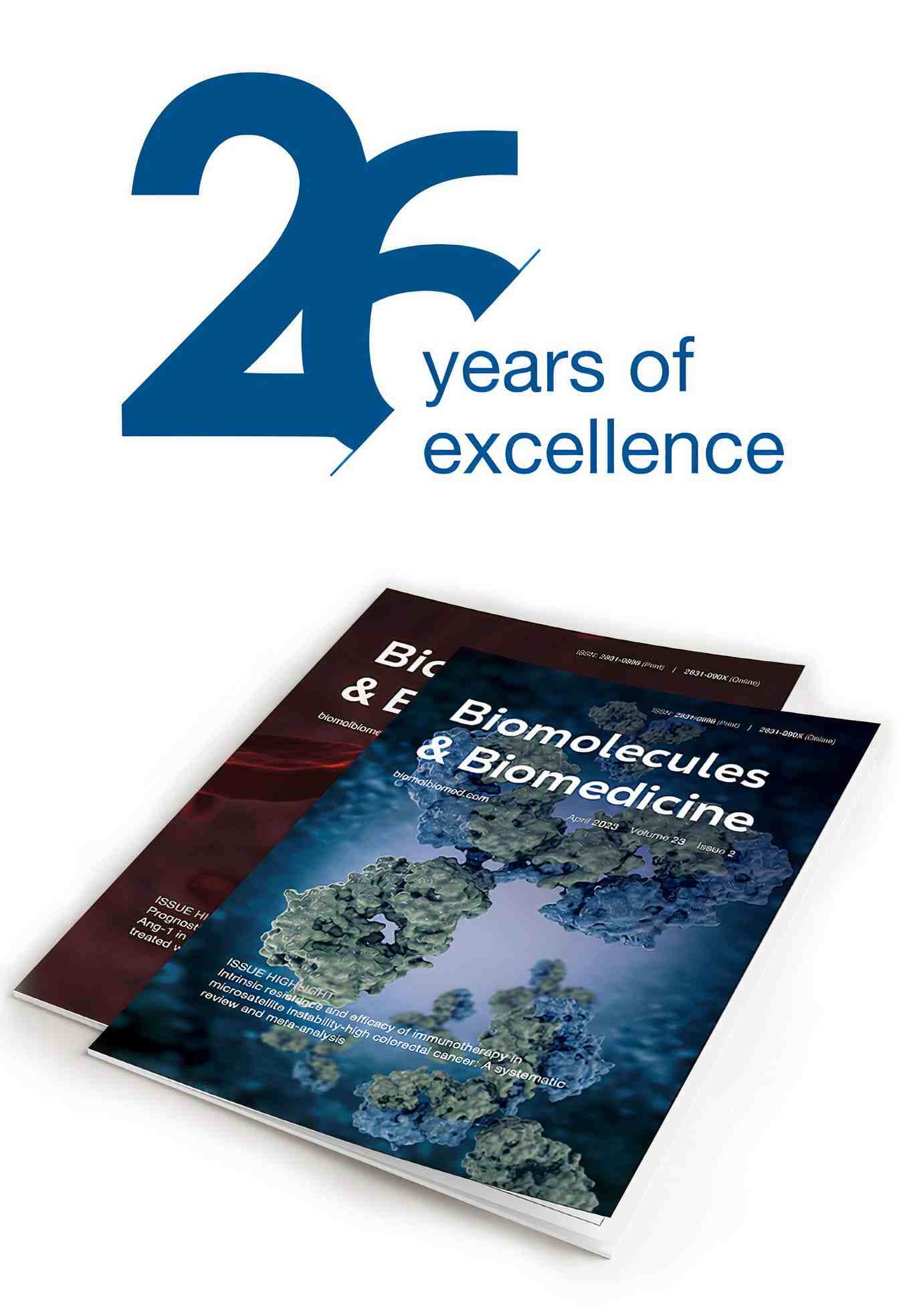The Reviewer of the Month for March 2025: Krittisak Anuroj, MD
Peer review is a fundamental pillar of scientific publishing, essential for upholding the integrity, quality, and credibility of research. This month, we are pleased to highlight The Reviewer of the Month for March 2025—an individual whose outstanding dedication and expertise reflect the core values of this critical process.
Reviewers play a key role in assisting authors in refining their work by providing thorough assessments and constructive feedback. Their contributions ensure that published research is accurate, meaningful, and methodologically sound.
Each month, the BiomolBiomed Editorial team acknowledges the exceptional efforts of peer reviewers by selecting one who has demonstrated an extraordinary commitment to this vital responsibility. This recognition celebrates those who go the extra mile in delivering detailed, insightful, and supportive critiques, enhancing not only the manuscripts they review but also contributing to the broader advancement of scientific knowledge. Their work embodies the spirit of collaboration and excellence that fuels progress in science.
This month, we are delighted to announce that the Reviewer of the Month Award is presented to Krittisak Anuroj, MD. Dr. Krittisak, an Assistant Professor of Psychiatry at the Department of Psychiatry, Faculty of Medicine, Srinakharinwirot University, Thailand, has been recognized for his outstanding review, which provided invaluable insights that greatly enhanced the clarity and rigor of the authors’ research.
We had the opportunity to speak with Dr. Krittisak about his approach to peer review and his views on the ever-changing landscape of academic publishing. During our conversation, he shared his research passions and offered thoughtful perspectives on recent trends and challenges in his field. Below are some key takeaways from our discussion:
Interview:What inspired you to pursue a career in scientific research, and what motivates you to continue in this profession?
I am a practicing psychiatrist with a strong interest in statistics. I have been fascinated by the challenge of interpreting data to expand the insights in medicine. Despite significant progress in psychiatry, empirical evidence on the pathogenesis of many conditions remains limited, requiring continuous refinement as society evolves and new challenges emerge. My motivation to engage in scientific research stems from a commitment to contributing to the growing body of psychiatric knowledge. The opportunity to receive and provide constructive criticism through peer review, disseminate my findings, see them discussed and built upon, and engage with a broader readership are key factors that drive me to continue on this path.
What strategies do you use to ensure that your feedback is both fair and useful to the authors?
I approach the peer review process from a reader’s perspective, asking whether the study effectively communicates its findings and provides clear, valuable insights and implications. I evaluate the soundness of the arguments, identify potential sources of confusion in the claims or data presentation, and assess whether the study offers a well-reasoned and meaningful discussion. I then provide clear, constructive comments to help the authors refine the integrity of their works.
What steps can be taken to improve the peer-review process to ensure it better aligns with the needs and expectations of today’s researchers?
Provision of clear guidelines on what is expected in reviews is a good start. Also, many young researchers are unfamiliar with the peer-review process. To address this, it’s crucial for academic and professional environments to engage younger researchers early and equip them with proper training on how to conduct fair and constructive reviews. Encouraging them to develop these skills can help prevent negative reviewer stereotypes from emerging, such as the infamous ‘Reviewer #2,’ who may not always provide helpful or fair feedback. With the growing number of potential reviewers among younger scholars, the peer-review process could benefit from a broader range of perspectives in scholarly discourses.
We are pleased to acknowledge Dr. Krittisak Anuroj for his outstanding work, which serves as an inspiration for fellow reviewers in their pursuit of excellence. Furthermore, we encourage everyone to recognize the peer review process as an essential pillar of the scientific publishing system.









